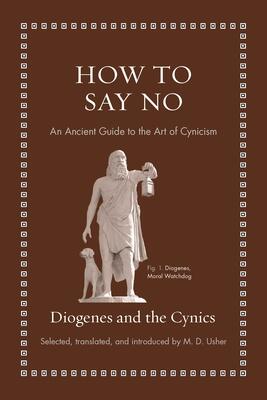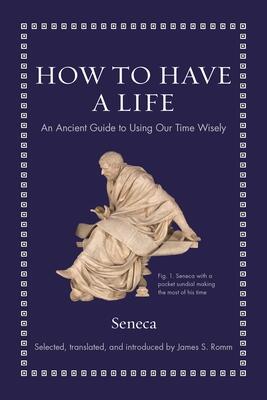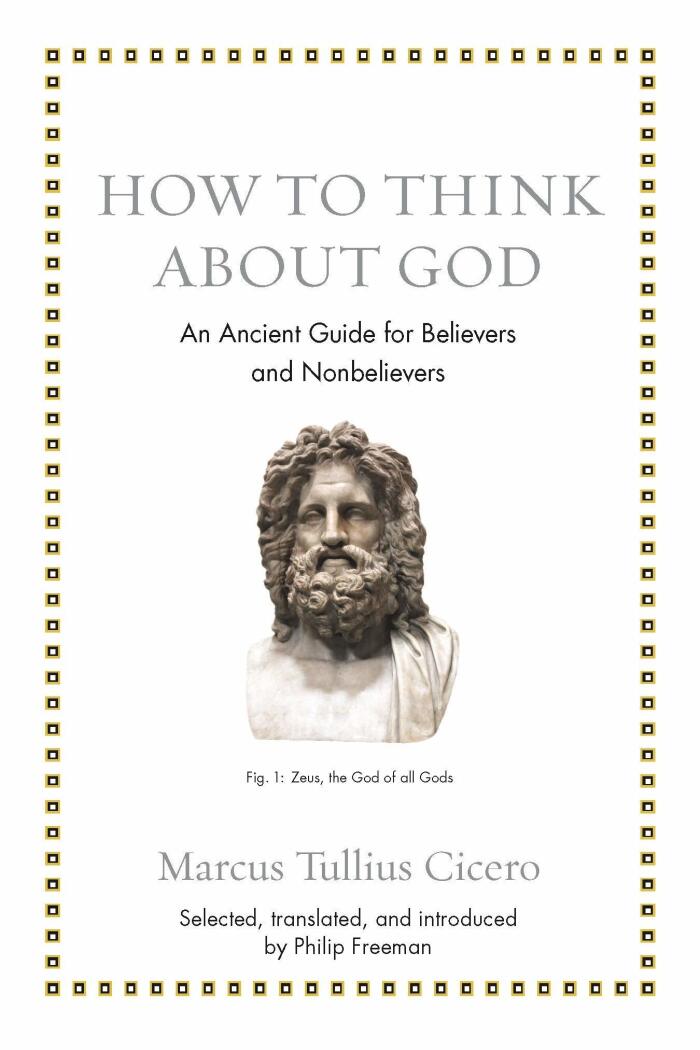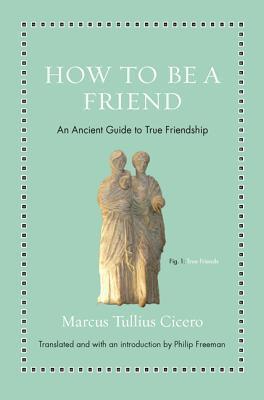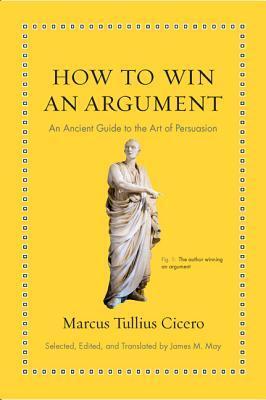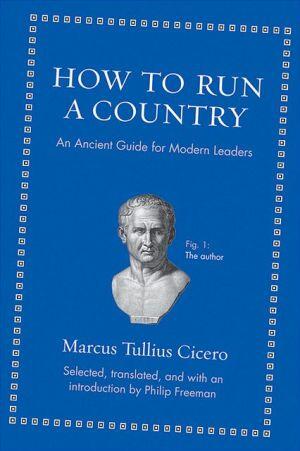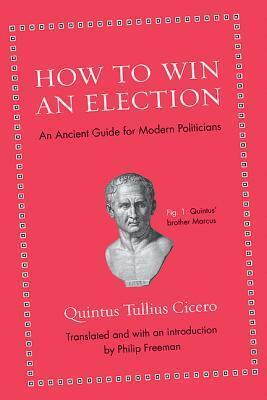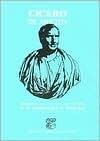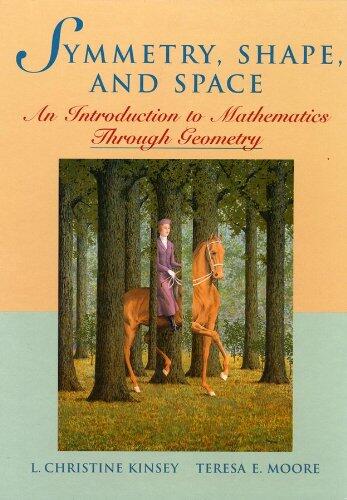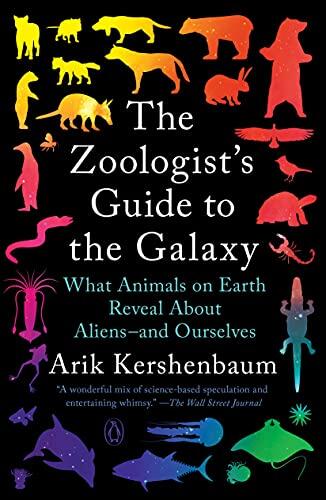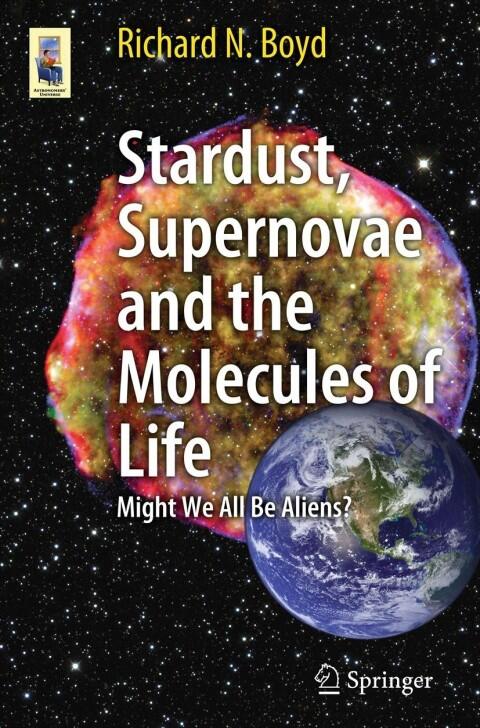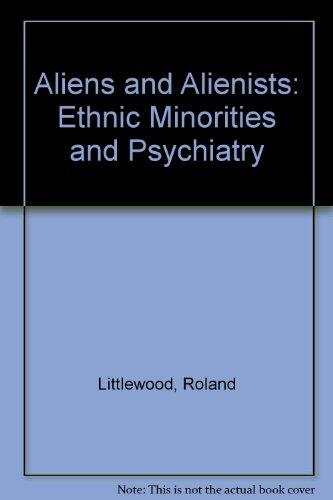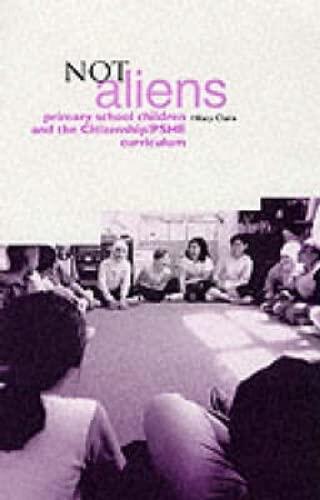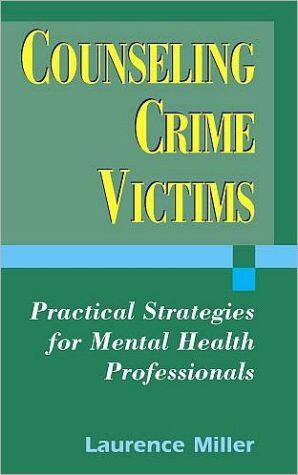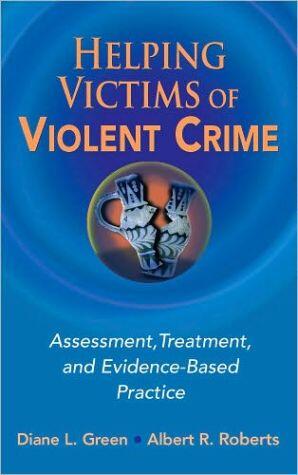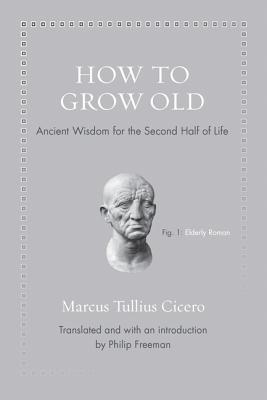
How to Grow Old: Ancient Wisdom for the Second Half of Life
아직 평점이 없습니다
Health & Wellness
형식
하드커버
페이지
217
언어
영어
출판됨
Mar 29, 2016
출판사
Princeton University Press
ISBN-10
0691167702
ISBN-13
9780691167701
설명
In a world that often views aging as a decline, a refreshing perspective emerges that encourages individuals to embrace the journey of growing older. Drawing inspiration from the musings of Marcus Tullius Cicero, renowned Roman statesman and philosopher, this exploration reveals time-honored wisdom that challenges modern anxieties about aging. Philip Freeman, an expert on ancient literature, masterfully weaves Cicero's insights into a practical guide that resonates across the ages.
The narrative paints a vivid picture of aging not merely as the end of vitality, but as an opportunity for deeper reflection and renewed purpose. With wit and clarity, the authors offer strategies to enrich one's later years, emphasizing the importance of preserving mental sharpness, nurturing relationships, and finding joy in life's simple pleasures. Readers are encouraged to redefine their understanding of aging and to cultivate a sense of fulfillment rather than dread.
Cicero’s teachings on friendship and contentment provide a powerful toolkit for navigating this phase of life with grace and dignity. By embracing ancient philosophies, individuals can cultivate resilience, adapt to change, and appreciate the myriad experiences that the second half of life has to offer. This journey through Cicero's wisdom not only enhances understanding but also fosters a vibrant sense of community among those sharing the experience of aging.
Ultimately, this exploration champions the idea that growing old can be an invigorating and enlightening phase. With the right mindset, one can age gracefully, deeply engaged in the world, and continually evolving, proving that the latter part of life can be as rich and fulfilling as its beginnings.
The narrative paints a vivid picture of aging not merely as the end of vitality, but as an opportunity for deeper reflection and renewed purpose. With wit and clarity, the authors offer strategies to enrich one's later years, emphasizing the importance of preserving mental sharpness, nurturing relationships, and finding joy in life's simple pleasures. Readers are encouraged to redefine their understanding of aging and to cultivate a sense of fulfillment rather than dread.
Cicero’s teachings on friendship and contentment provide a powerful toolkit for navigating this phase of life with grace and dignity. By embracing ancient philosophies, individuals can cultivate resilience, adapt to change, and appreciate the myriad experiences that the second half of life has to offer. This journey through Cicero's wisdom not only enhances understanding but also fosters a vibrant sense of community among those sharing the experience of aging.
Ultimately, this exploration champions the idea that growing old can be an invigorating and enlightening phase. With the right mindset, one can age gracefully, deeply engaged in the world, and continually evolving, proving that the latter part of life can be as rich and fulfilling as its beginnings.
